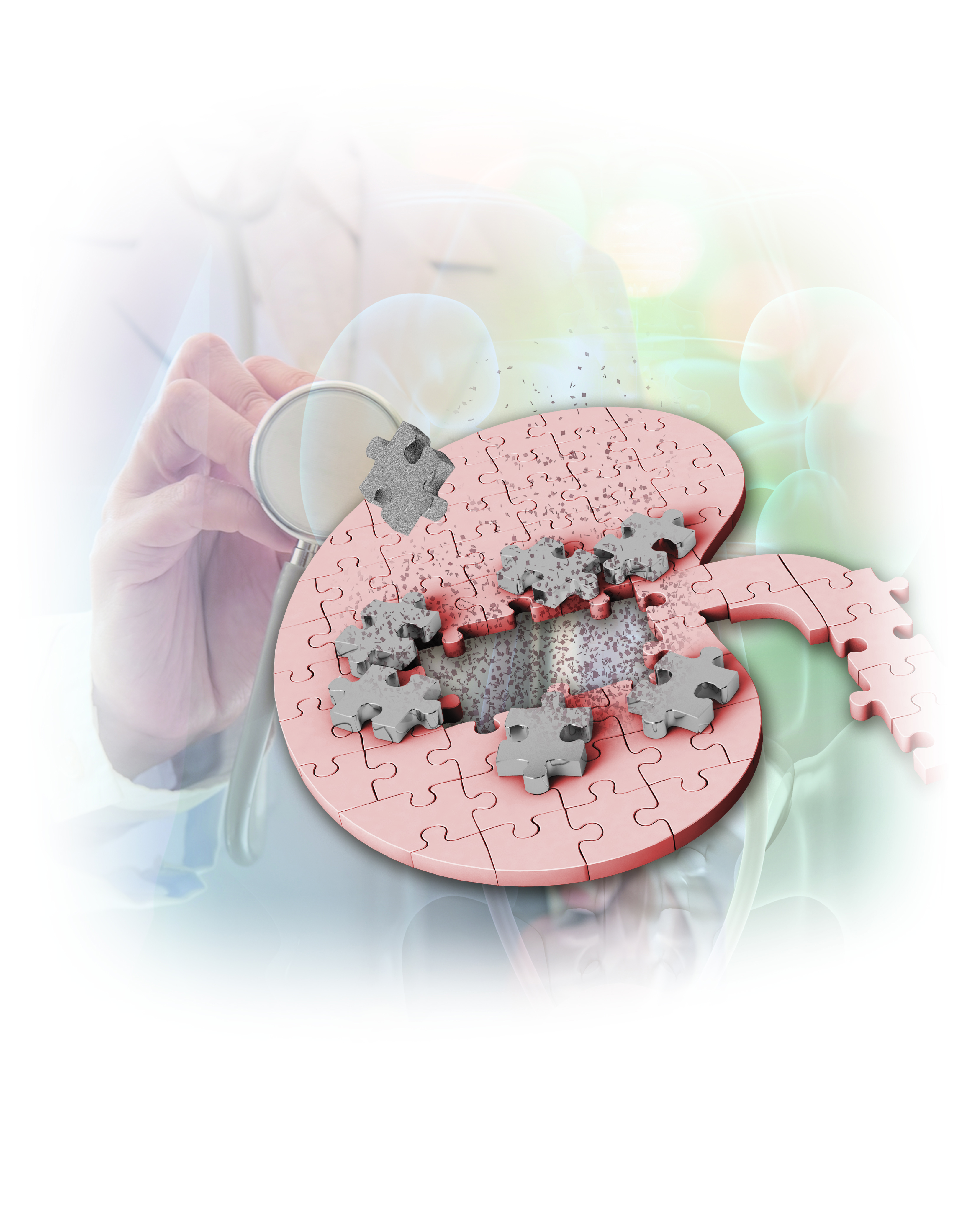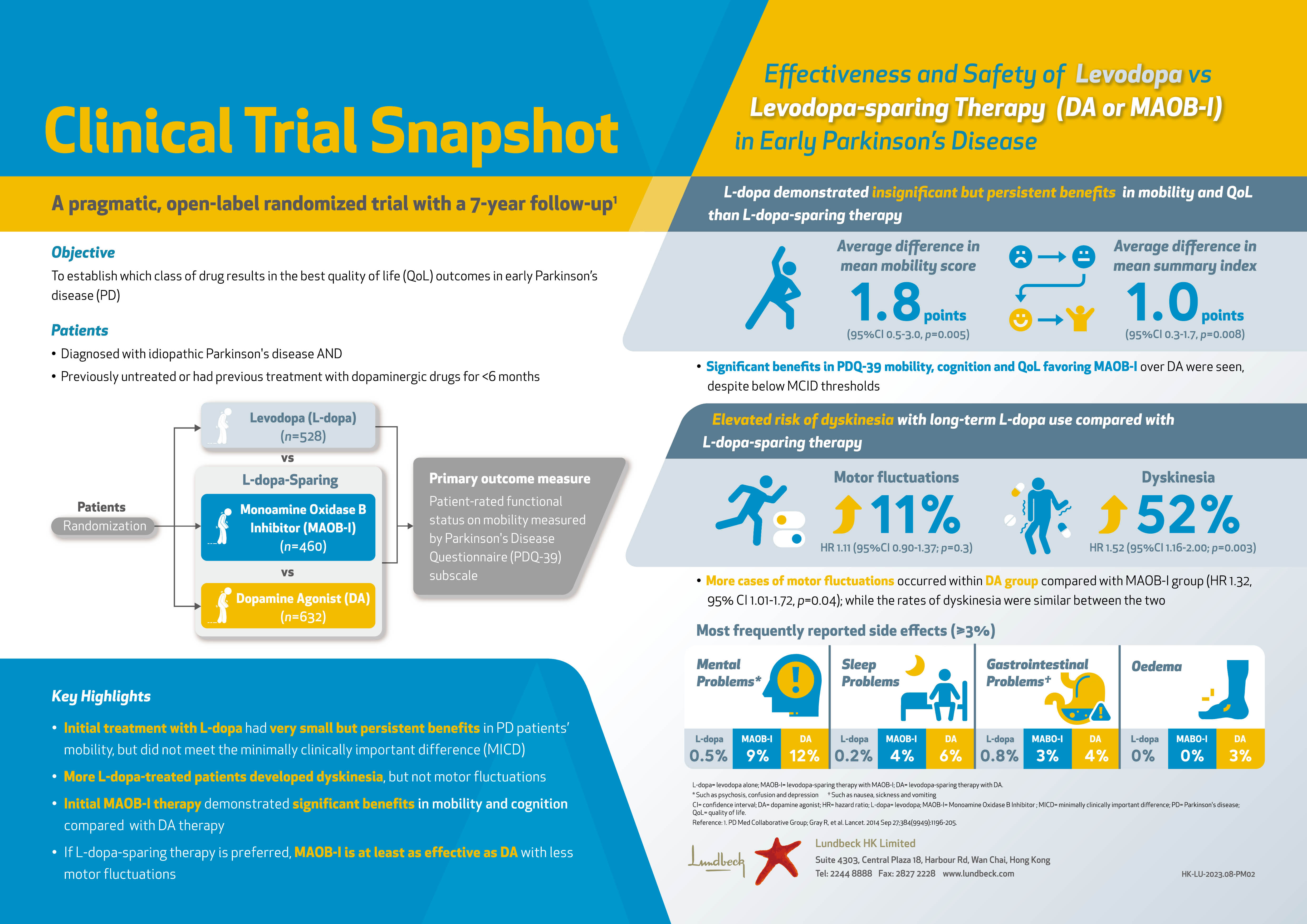Routine exercises can not only sculpt your body but also promote physical well-being. However, both gym beginners and fitness enthusiasts may wonder which type of exercise is more beneficial to health, especially cardiovascular health which is one of the biggest concerns among the public. A recent trial conducted by Lee et al. concluded that half-cardio and half-strength training, as well as aerobic exercise alone, can reduce cardiovascular disease (CVD) risks in adults of all genders and ages with overweight or obesity. This randomised controlled trial assigned 406 adults aged 35-70 years with overweight or obesity and elevated blood pressure into 4 groups following a different exercise regimen: 1 h resistance training only (n=102), 1 h aerobic exercise only (n= 101), combined resistance plus aerobic exercise with 30 min of each (n=101) and no exercise control (n = 102). All the exercises were prescribed three times per week for 1 year. The assessment of CVD risk involved grouping factors such as systolic blood pressure, low-density lipoprotein cholesterol, fasting glucose, and per cent body fat, which were represented as a composite Z-score. Although participants from all the exercise groups had a loss of per cent body fat after 1 year, it was found that only the aerobic group (mean difference, -0.15 [95% CI: -0.24 to -0.04], p= 0.01) and the combination group (mean difference, -0.16 [95% CI: -0.27 to -0.04], p= 0.009) had a significant reduction in CVD risk, but the resistance group (mean difference, -0.02 [95% CI: -0.14 to 0.09], p= 0.69) shown no difference in CVD risk to the control group. Secondary findings from the same study also suggested that the combination group demonstrated an improvement in both aerobic fitness and muscular strength. Next time when you get bored with the treadmill or stationary bike, try on the weight-lifting machines and add them to your routine. But if you are a weight-training lover, don’t forget the cardio!
References
1. Myers T, et al. Frontiers in Aging 2024; 4. 2. Grice EA, et al. Genome Res 2008; 18(7): 1043-50. 3. Devi A, Levin M, Waterhouse AL. Sci Rep. 2023;13(1):19503. 4. Sukhbaatar A, et al. Biomed Pharmacother. 2024 Jan 2;171:116085. 5. Kang S, et al. Proc Natl Acad Sci USA. 2024;121(2):e2315898120. 6. Lee DC, et al. Eur Heart J. 2024 Jan 17:ehad827.





